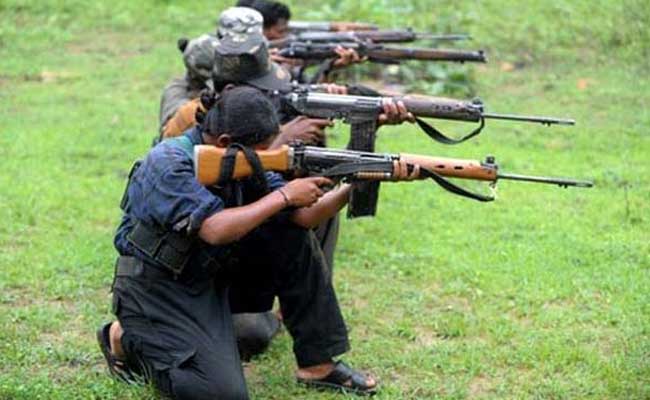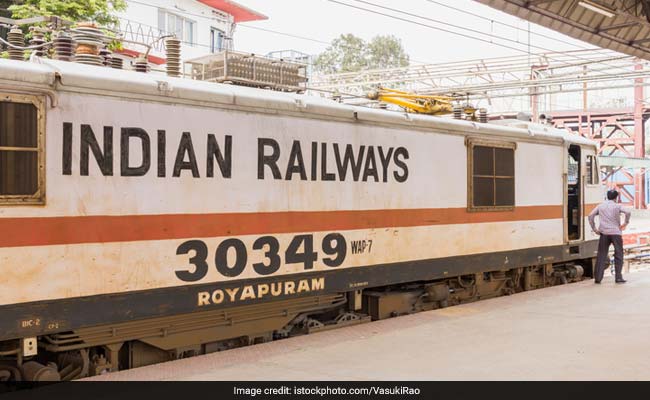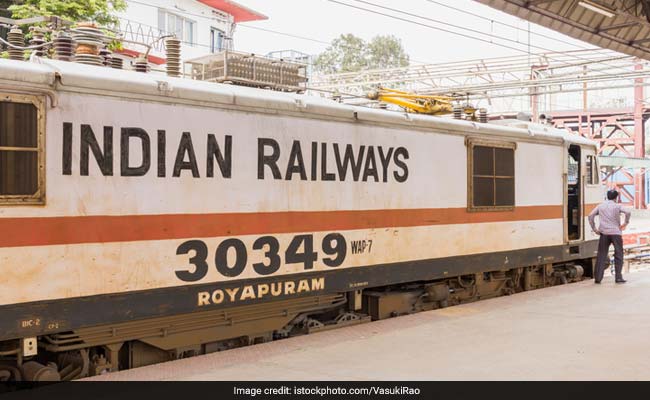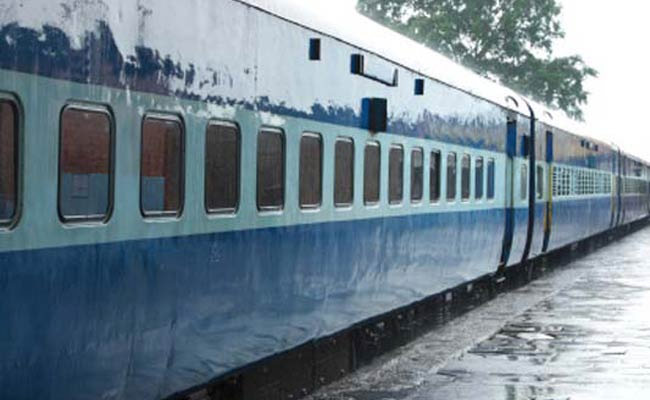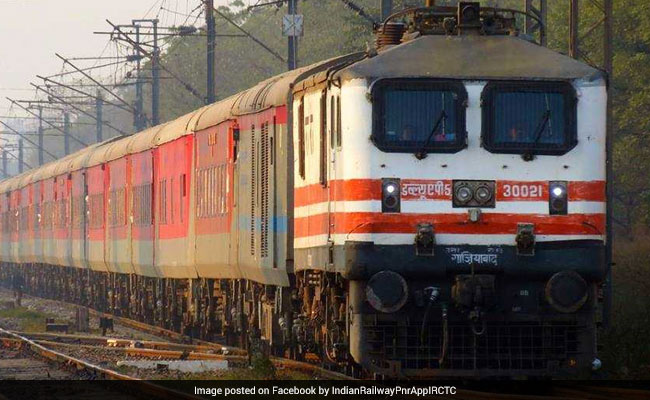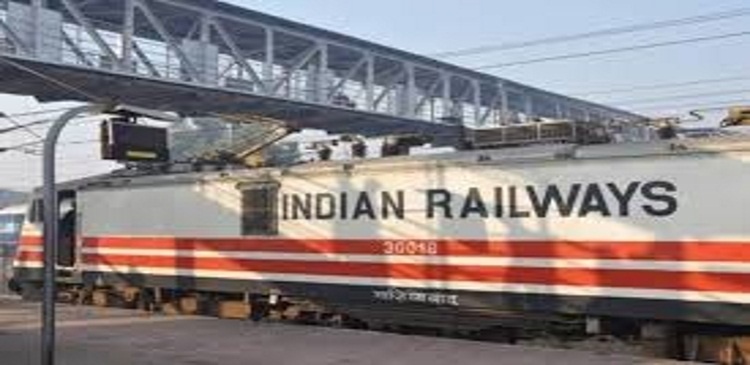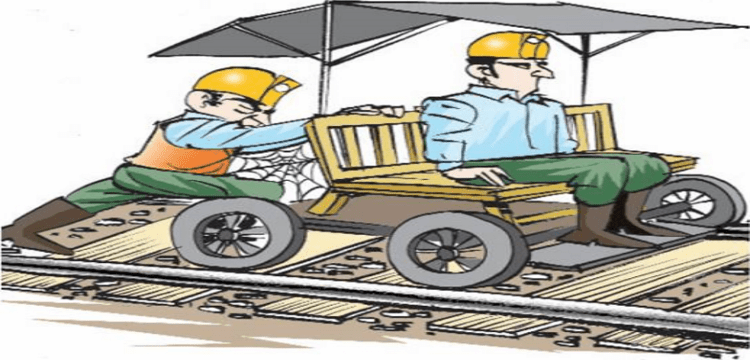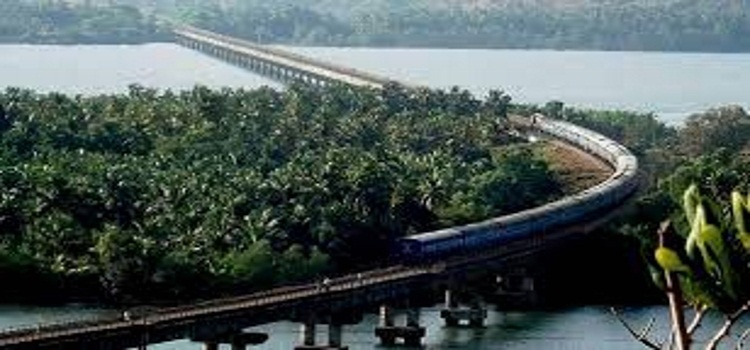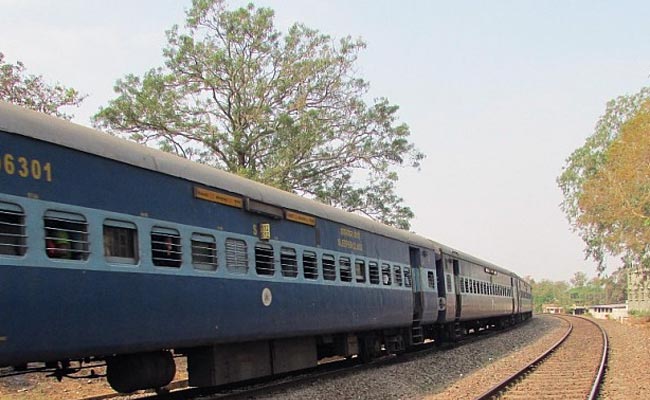
The running time of over 500 long distance trains will soon be cut short by up to two hours, a senior railway official said today.
Following Railway Minister Piyush Goyal’s directions, the Indian Railways incorporated “innovative timetabling” under which the running time of trains will reduce by 15 minutes up to two hours.
The timings under the new timetable will be updated in November.
“Our plan is to maximise the use of the existing rolling stock. It can be done in two ways – if we have a train that is waiting somewhere to return, we can use it during the lie over period. In the new timetable around 50 such trains which will be run like this. Fifty-one trains will immediately see reduced run time from one to three hours. This will go up to more than 500 trains,” the official said.
The railways has started internal audits through which 50 mail and express trains will be upgraded to super-fast services.
The audit exercise is part of an overhaul of the rail system to increase the average speed of existing trains, the official said.
Trains such as the Bhopal-Jodhpur Express will reach 95 minutes early while the Guwahati-Indore Special will complete its 2,330-km journey 115 minutes early and the 1929-km journey of the Ghazipur-Bandra Terminus Express will be completed 95 minutes earlier.
The halt times of trains at stations have also been reduced by the Indian Railways. In another move to reduce travel time of trains, the Railways has decided that trains will not stop at stations with low footfall.
Travel Time Of Over 500 Long Distance Trains To Soon Be Cut By Up To 2 Hours
Following Railway Minister Piyush Goyal’s directions, the Indian Railways incorporated “innovative timetabling” under which the running time of trains will reduce by 15 minutes up to two hours.
All India | Press Trust of India | Updated: October 20, 2017 17:35 IST
by Taboola
Sponsored Links
Sponsored
Transform your IT infrastructure with Cisco Hyperflex with Intel® Xeon® (Cisco)
10 People most affected by Modi’s Anti-Black Money campaign (CriticsUnion)
747 Shares
EMAIL
PRINT
51
COMMENTS
Travel Time Of Over 500 Long Distance Trains To Soon Be Cut By Up To 2 Hours
The Indian Railways is trying to increase the average speed of existing trains
New Delhi:
Highlights
Railways is using ‘innovative timetabling’ to cut travel time of trains
The new timetable will be updated in November
The Railways is taking steps such as reducing the halt time at stations
The running time of over 500 long distance trains will soon be cut short by up to two hours, a senior railway official said today.
Following Railway Minister Piyush Goyal’s directions, the Indian Railways incorporated “innovative timetabling” under which the running time of trains will reduce by 15 minutes up to two hours.
The timings under the new timetable will be updated in November.
“Our plan is to maximise the use of the existing rolling stock. It can be done in two ways – if we have a train that is waiting somewhere to return, we can use it during the lie over period. In the new timetable around 50 such trains which will be run like this. Fifty-one trains will immediately see reduced run time from one to three hours. This will go up to more than 500 trains,” the official said.
The railways has started internal audits through which 50 mail and express trains will be upgraded to super-fast services.
The audit exercise is part of an overhaul of the rail system to increase the average speed of existing trains, the official said.
Trains such as the Bhopal-Jodhpur Express will reach 95 minutes early while the Guwahati-Indore Special will complete its 2,330-km journey 115 minutes early and the 1929-km journey of the Ghazipur-Bandra Terminus Express will be completed 95 minutes earlier.
The halt times of trains at stations have also been reduced by the Indian Railways. In another move to reduce travel time of trains, the Railways has decided that trains will not stop at stations with low footfall.
The new timetable will also provide each railway division two to four hours for maintenance works.
The railways is also in the process of reviewing permanent speed restrictions.
